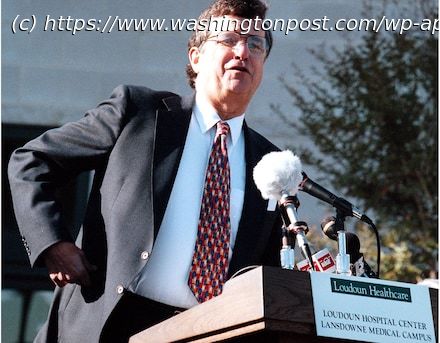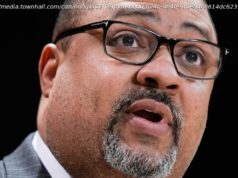He was the scion of a Mississippi newspaper family and won four Emmy Awards for TV documentaries.
Hodding Carter III, an Emmy-winning journalist and political commentator who covered the civil rights movement in the South, served as the State Department’s spokesman during the Iran hostage crisis and promoted media innovation as head of the Knight journalism foundation, died May 11 at a retirement community in Chapel Hill, N.C. He was 88.
The cause was complications from a series of strokes, said his daughter Catherine Carter Sullivan.
A Mississippi newspaperman with a Princeton pedigree, Mr. Carter helped run his family’s crusading, anti-segregationist newspaper and worked for Jimmy Carter’s presidential campaign before becoming the top public affairs official for Cyrus R. Vance, the publicity-averse secretary of state, in 1979.
Mr. Carter, who was unrelated to the president but shared his background as a White liberal from the South, persuaded Vance to allow television cameras into daily briefings at Foggy Bottom. With a soothing drawl, he answered reporters’ questions on strategic arms negotiations, the Panama Canal treaties and the Camp David Accords between Egypt and Israel.
But he was little known to most Americans before November 1979, when Iranian students stormed the U.S. Embassy in Tehran and took dozens of hostages. Mr. Carter went on to deliver frank and frequent updates on the hostages’ condition and efforts to rescue them, becoming “as omnipresent as Johnny Carson or Walter Cronkite,” as People magazine put it. Some White House officials grumbled that it was hard to tell which Carter was president.
Mr. Carter parlayed his prominence into a contract with the William Morris talent agency, reinventing himself as a columnist and broadcast journalist after leaving the State Department in 1980. He appeared as a panelist on programs including “This Week With David Brinkley,” worked as a correspondent for “Frontline,” hosted the PBS media-analysis series “Inside Story” and received four Emmy Awards for television documentaries on foreign policy and civil rights.
He also taught at universities and, beginning in 1997, led the John S. and James L. Knight Foundation. Over the next eight years he grew the organization’s endowment to more than $1.9 billion and more than doubled its grants to journalists and news organizations, to some $90 million annually.
But he remained best known for his tenure as assistant secretary of state for public affairs, which led veteran Washington correspondent William M. Beecher to call him “the best guy I have seen in his job in 20 years.” Hailed by Time magazine as “the new voice of America” during the hostage crisis, he said that he benefited from an early image as “an ignorant, silly hick from Mississippi,” which bought him time to learn the ins and outs of the job.
Home
United States
USA — Events Hodding Carter III, State Dept. spokesman in Iran crisis, dies at 88






